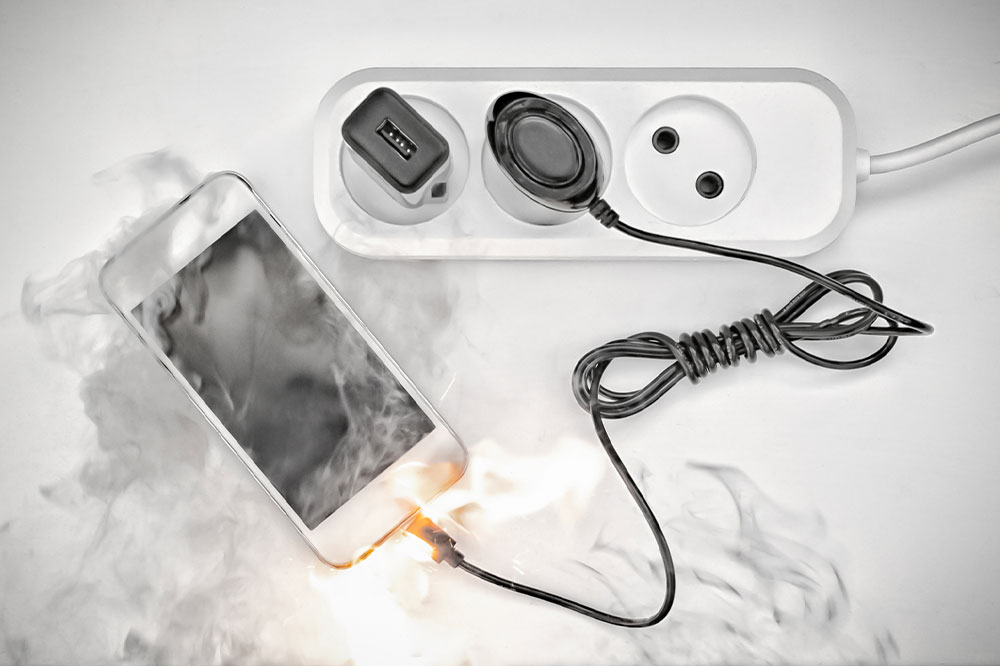
5 causes of lithium-ion battery malfunction
One of the more popular choices to power electronics at home amongst consumers is lithium-ion batteries. This is because of the large amount of power they can use at a given size and weight. But occasionally, we hear about such batteries failing and bursting into flames. The phenomenon can result in mild or severe damage in its surroundings. This article discusses five top reasons why some lithium-ion batteries may malfunction. Read on to learn more. Manufacturing defect The functionality of a battery is based on the quality of its manufacturing process. Any flaws during production may lead to impure metallic particles seeping into the unit during assembly. Thinning of separators while manufacturing may also have adverse effects on the health of the battery. So manufacturers must ensure each cell is made in controlled cleanrooms and conduct quality-control tests and validation before being sold. Design flaw While the manufacturing process of a battery might be carried out without hiccups, a flaw in the design might ruin the entire batch. A poor design can cause damage to the electrodes or separate them and lead to a short circuit. Therefore, those designing batteries should check the design multiple times before manufacturing the lithium-ion battery.
Read More 










